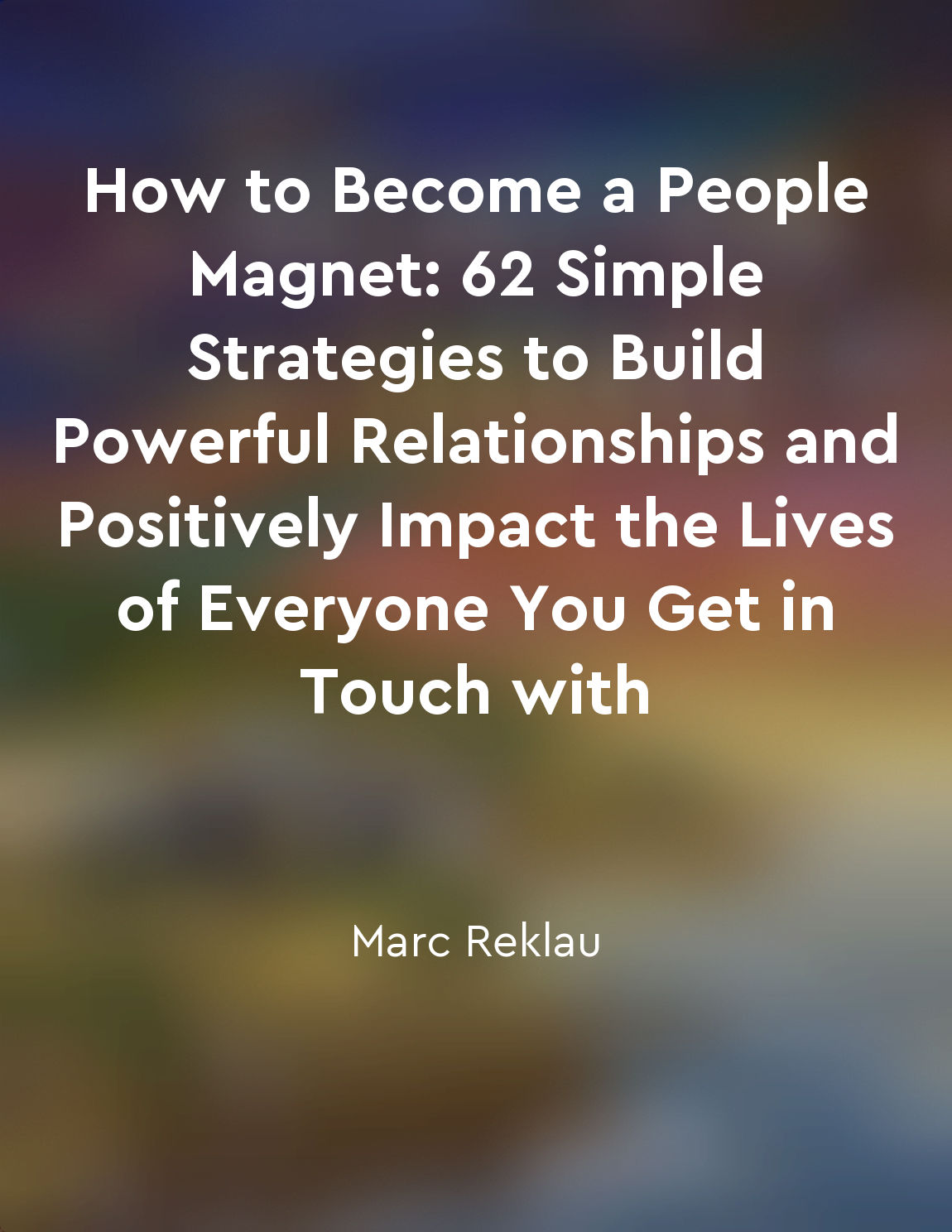Seeking help is a sign of strength, not weakness from "summary" of Emotional Blocks to Learning by Irving D. Harris
To acknowledge the need for assistance is an act of courage, a demonstration of inner strength rather than a display of weakness. When we recognize our limitations and reach out for support, we are engaging in a powerful act of self-awareness and self-care. This willingness to seek help is a testament to our commitment to growth and improvement, a recognition that we are not infallible beings but rather complex individuals who can benefit from external guidance. In our society, there is a pervasive misconception that asking for help is a sign of inadequacy, a admission of failure. However, this belief is rooted in a flawed understanding of human nature. We are social creatures, inherently interconnected with others, and it is only through collaboration and cooperation that we can truly thrive. When we reach out for help, we are not admitting defeat but rather demonstrating our resilience and adaptability in the face of challenges. Furthermore, seeking assistance is an essential component of the learning process. No one is born with all the knowledge and skills they need to navigate the complexities of life. By seeking help from others who may have more experience or expertise in a particular area, we are able to accelerate our own growth and development. In this way, asking for help can be seen as a proactive step towards achieving our goals and realizing our full potential.- The willingness to seek help is a reflection of our inner strength and our commitment to personal growth. By being open to receiving support from others, we are demonstrating a mature and responsible attitude towards our own well-being. It is through this act of humility and self-awareness that we are able to overcome obstacles, learn from our mistakes, and ultimately thrive in all aspects of our lives.
Similar Posts
Anxious individuals often feel insecure in their relationships
Anxious individuals tend to have a heightened sensitivity to cues of possible abandonment or rejection in their relationships. ...
Meditation can help reduce stress and improve focus
Meditation has been shown to be a powerful tool in reducing stress and enhancing focus. By taking the time to sit quietly and f...
Break down big tasks into smaller ones
Breaking down big tasks into smaller ones is a fundamental principle that can help you achieve your goals more effectively. By ...
Use active listening techniques
Active listening is a powerful tool that can help you become a more effective communicator in the workplace. When you use activ...
Overcome procrastination with action
The best way to stop procrastinating is to take action. When you begin working on a task, you build momentum. As you continue t...
Focus on one task at a time to avoid feeling overwhelmed
It's easy to feel overwhelmed when faced with a long list of tasks that need to be done. We often try to multitask in an attemp...
Practice selflove and compassion
To practice self-love and compassion means to treat yourself with kindness, understanding, and care. It involves being gentle w...

Be a good conversationalist and ask engaging questions
Engaging in meaningful conversations is a key skill in building strong relationships with others. By being a good conversationa...

Mentally strong individuals do not shy away from change
Mentally strong individuals embrace change instead of running from it. They understand that change is an inevitable part of lif...
Foster inclusivity
To foster inclusivity is to make sure everyone feels welcome and valued. It means creating a space where people can be themselv...

